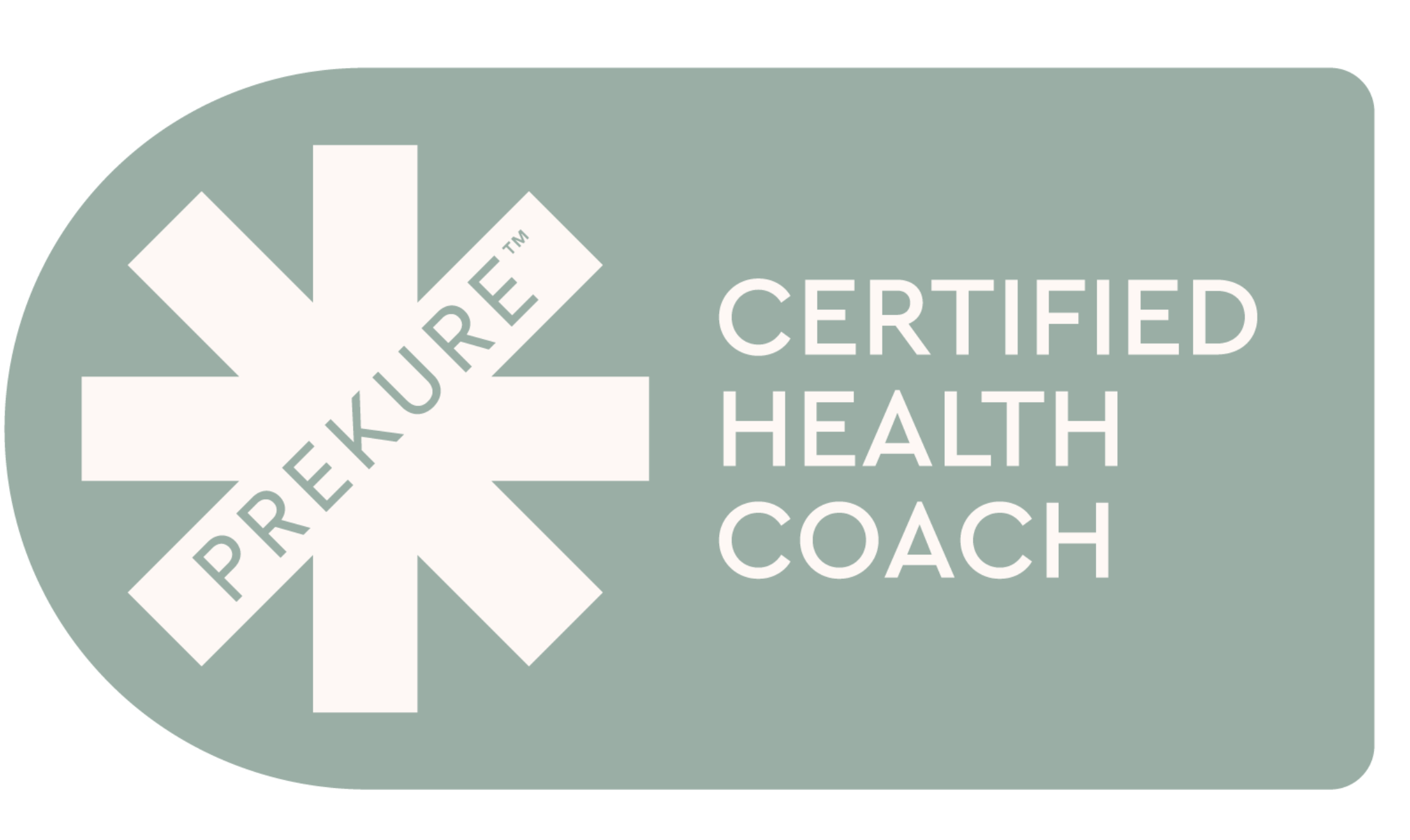The biggest message I have for you is that you are not alone…
Or at least, you don’t have to be… It all matters is all about providing safe spaces where we can talk openly and honestly which helps to break down the stigma around loss & grief, life changing illness, end of life, and perhaps most importantly a space where you can find your own unique tools to help you cope with the challenges you are facing.
Through this, people discover they are not alone, that adversity and challenge is fundamental to our human experience, and our most common response is resilience. We also learn how to get a little more comfortable with those feelings and emotions we often would rather avoid.
“I’m part of a wider mission to improve people’s experiences around change, loss & grief, serious illness, end of life, and death & dying.”
“Loss and grief, whether we like it or not, is a normal and natural part of our experience as human beings”
What being supported by me looks like…
I offer a safe space. A place for you to be acknowledged and validated.
There is opportunity to explore and experiment with healthy coping strategies.
Sometimes it just helps to know some of the facts and science around what we are experiencing. There is no right or wrong way… only your way. It is likely that what you are experiencing is quite common among the grieving. I hope even that little bit helps.
You can live a purposeful, meaningful, connected and engaging life, even when faced with challenges. Supporting you to connect with what is important to you, helps you to focus your attention and energy into those things that support you in living your best and most fulfilling life as possible.
One of the hardest, yet most important, challenges in times of serious illness and loss is maintaining relationships with the people who are important to you. I offer support as you strive to understand and navigate this new terrain.
It can feel like a big risk to invite someone into your space at such a vulnerable time, it also takes a willingness to learn - about yourself, your world, your assumptions. It takes courage, and yet, here you are… I believe you know what is best for you and I would be honoured to support you on that journey.
My formal training includes PG Cert in Palliative Care, Dip in Positive Psychology and Wellbeing, Dip in Health and Human Behaviour, Certified Mental Health and Wellbeing Coach, Certificate in Thanatology, as well as over 18 years of experience in delivering change, loss & grief, death and dying education and support in community.








